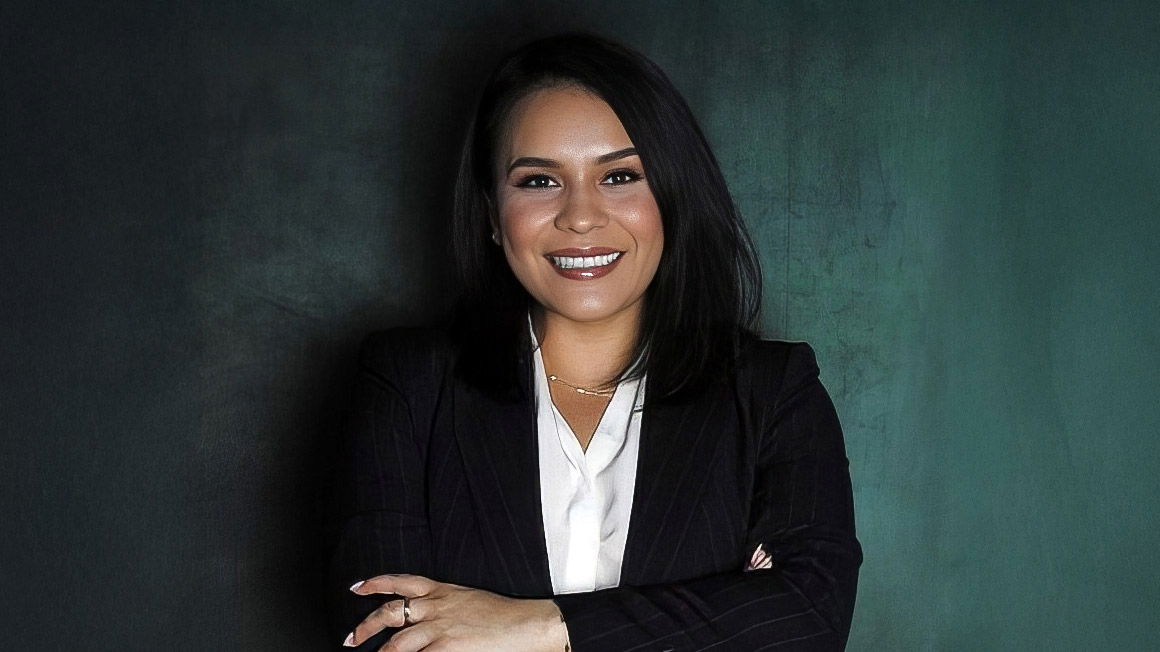Georgia gambling legalization gains traction ahead of next legislative session

The legalization of gambling in Georgia has gained traction among legislators as organizers of the Biennial Institute, a pre-legislative session primer for lawmakers, devoted an hour-long session to the topic earlier this week. Bills that would legalize sports betting, parimutuel horse racing and casino resorts have been pre-filed ahead of the 2021-2022 legislative session. The Georgia General Assembly convenes Jan. 11, 2021.
“If it’s going to happen, it’s going to happen in this next session,” said Georgia House Rep. Ron Stephens, the chairman of the House Economic Development and Tourism Committee, as reported by Savannah Morning News. “The people want it; opinion polls and more importantly public hearings show that. It’s time the legislature give Georgians that opportunity.”
Stephens has long championed legalized gambling, particularly as it related to casinos. He’s sponsored legislation in each of the last three two-year legislative sessions. But gambling has yet to garner the needed supermajority vote to pass either the Georgia House or the Georgia Senate. Even if the legislature passes a gaming bill and Gov. Brian Kemp signs it, changing Georgia law requires a constitutional amendment, which can only be accomplished via statewide ballot referendum. Local jurisdictions would have still a voice in whether horse racing tracks or casinos would be built in their cities and towns.
Legalizing gambling “requires heavy lifting, and heavy lifting always requires bipartisanship,” said Rep. Calvin Smyre, the longest-serving member of the Georgia General Assembly at 46 years. “I think we have that muscle right now.”
Pro-gambling legislators have invested an abundance of resources into studying the issue. They’ve come to realize that legalization depends largely on two factors: the type — sports betting, horse racing or casino resorts — and, more importantly, how the state will use the tax revenue. Sports wagering is the most likely type to pass first, Stephens and others say. Thousands of Georgians already bet on football, basketball and golf online, so the only infrastructure requirement is the creation of a tax collection method. The state already has experience with taxing web-based transactions after enacting an e-commerce tax in 2019.
In addition, sports betting legalization is the “path of least resistance,” according to Stephens, as it could potentially be implemented without a statewide vote. The idea is to run sports wagering through the Georgia Lottery “as just another game for them.” However, three of the four lawmakers to speak about the future of gaming in Georgia at the Biennial Institute insisted that any new gambling legalization, including sports betting, be blessed through voter referendum.
Legislators do agree that sports betting is less promising from a financial standpoint than horse racing or casinos. Projections of as much as $100 million in sports wagering tax revenue annually are too high, Sen. Cowsert said; $30 million to $50 million is a more accurate estimate. Horse racing and casinos, meanwhile, would generate exponentially more tax revenue.
If Georgia voters legalize gambling, legislators expect plenty of action from local government officials and private developers interested in locating horse tracks or casino resorts in their areas. Casinos have attracted attention among those along major travel corridors. Proponents envision destination resorts, not mere gambling halls, and several sites have already been identified, such as a large lakefront tract in Hartwell and interstate frontage near Augusta, Valdosta, Kingsland and Hinesville.
One well-established Georgia entertainment venue operator, Atlanta Motor Speedway owners Bruton Smith and his son Marcus, wants to add a horse track and a casino, complete with a sportsbook, to his speedway complex located in Henry County outside Atlanta.

















































